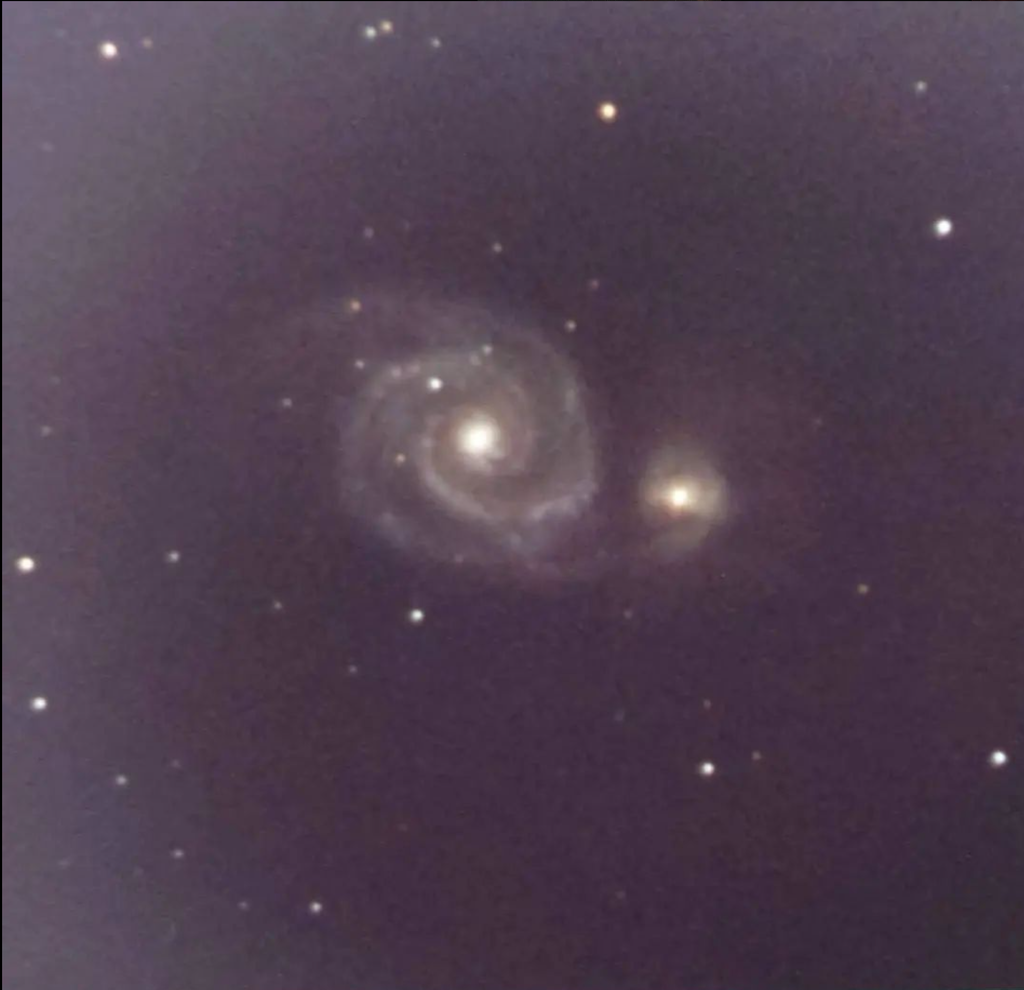andrea tasselli:
*lol we dont have the same defenition of straightforward.
Thanks for the reply tho, Ill try to understand it.
Karl
|
You cannot like this item. Reason: "ANONYMOUS".
You cannot remove your like from this item.
Editing a post is only allowed within 24 hours after creating it.
You cannot Like this post because the topic is closed.
David Huff:
Longer exposures to permit the sensor to use its full well which will allow more fainter photons to be captured. This is why some do a lot of shorter luminance frames and fewer longer color frames.
I am not sure what is meant by the statement that permitting the sensor to use its full well capacity allows more faint photons to be captured.
A given photon is "captured", i.e., converted to an electron, with the same probability regardless of whether it came from a bright or faint object, so long as the pixel is not saturated. Full well capacity only determines maximum single exposure length under a set of conditions. The reason to do shorter luminance frames and longer color frames has to do with the fact that there is a greater incidence of photons in a luminance frame, hence a greater probability that pixels could saturate than with color frames.
|
You cannot like this item. Reason: "ANONYMOUS".
You cannot remove your like from this item.
Editing a post is only allowed within 24 hours after creating it.
You cannot Like this post because the topic is closed.
John Hayes:
David,
I really like all your efforts to figure out how to ring every last bit of sharpness out of your scope. However, I'm not so sure that all the trouble that you are going to to take so many short exposures is helping very much and it's adding a lot of overhead to your processing steps. I just did a quick survey of other images of M51 taken with longer exposures using an 8" scope and many of the better ones reveal pretty much the same (and sometimes slightly more) detail than your image. Here is just one example: https://www.astrobin.com/dnbvnw/0/ that integrated 180s exposures for a total time of nearly 12 hours. This isn't to say that I don't like your image--I do, but you might stop to consider just how much real benefit you are getting from using a huge stack of really short exposures. Whatever benefit I might see, doesn't look like it's worth all of the added hassle of dealing with that much data.
John
Hi @John Hayes,
I have only been doing astrophotography for about 3 years now. Regardless of how I get my images, I have come a long way from this image I took 2 years ago. I'm a quick learner when it comes to something I am passionate about :-) I am still at the beginning of my journey!
|
2022

2024

Clear Skies!
Dave
|
You cannot like this item. Reason: "ANONYMOUS".
You cannot remove your like from this item.
Editing a post is only allowed within 24 hours after creating it.
You cannot Like this post because the topic is closed.
to create to post a reply.





